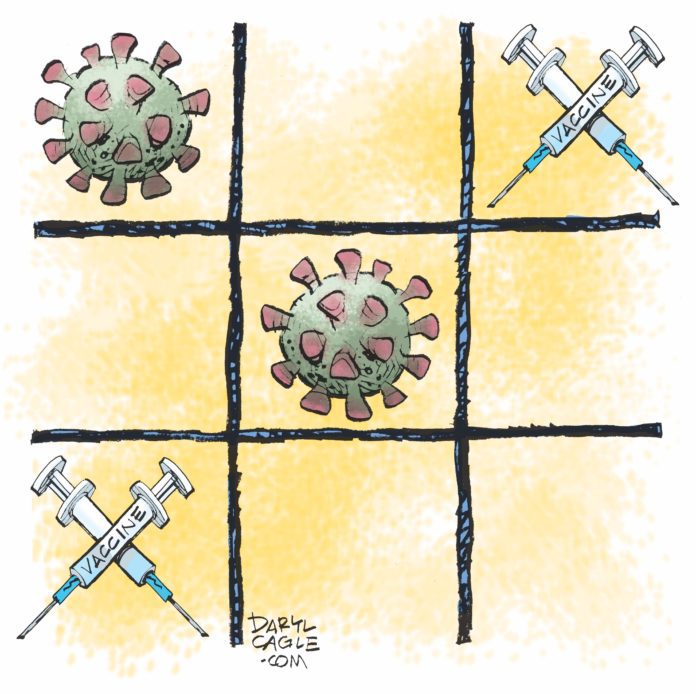Too often we have approached science as a value free enterprise and the world which we investigate scientifically as not possessing intrinsic value. In this approach, the value of the world is equated to its usefulness and instrumentality rather than seeing the world as having inherent worth.
This contributes to the reduction of the natural world to an object to be used, manipulated, commodified, and controlled rather than being seen as a community of life of which we are all a part. This objectification of nature might lead to some advances in scientific understanding and the development of new technologies, but these scientific and technological advances are made at a significant moral cost which now threatens the very survival of humanity itself.
We need science for greater understanding and knowledge, but we also need ethics and the intentional cultivation of wisdom to use science and technology in ways that will contribute to both human and ecological flourishing. Science helps us know things, but we also must learn to use that knowledge wisely for the good of all.
Working effectively together as a human community to do what is right and good in the world involves learning what we ought to do, cultivating the will and desire to do what we ought to do, and then developing the ability to actually do it. This requires ethics and science to work cooperatively.
Without science we often would not know how to do what it is that we ought to be doing or even what it is that we ought to be doing; but without ethics we may never cultivate the wisdom and will to use science in a morally responsible way.
Ethics needs science to learn how we can actually address the social and ecological challenges we are facing, but science needs ethics to address those challenges with wisdom, empathy, compassion, and justice. Ethics without science can often leave us clueless about the actual challenges we are facing, but science without ethics can lead to the mistreatment of life and destruction of value for the sake of advancing science for its own sake or for the sake of unscrupulous persons rather than for the sake of the world.
Science without ethics leads us to the development and use of chemical and biological weapons and the construction and use of gas chambers of mass death. Science without ethics leads us to the knowledge of nuclear fission and fusion without the morality needed to avoid Hiroshima and Nagasaki.
Science without ethics leads to an industrial agricultural system that treats living beings simply as meat producers rather than beings of sacred worth. Science without ethics leads to billionaire space races rather than a race to end poverty, hunger, and disease.
Science without ethics leads to fracking our planet to squeeze every last bit of oil and gas out of the ground while our planet burns and we destroy a livable climate. Science without ethics may lead to some knowledge, but the cost is often great suffering and death.
Yes, we need science in order to effectively address the challenges we are facing, but science without ethics will likely continue to hurl us towards climate chaos and contribute to the continuation of the sixth great extinction on our planet.
We simply can no longer afford science without ethics, and we can no longer allow the oligarchs of our planet to continue to use science for their financial gain, feeding of their egos, and satisfying their fetish for power rather than using science for the good of the whole earth, including its most vulnerable members.
The global pandemic has brought us to another decisive moment in the relationship between science and ethics.
Science can bring us vaccines, but it can’t bring us vaccine equity in which all persons in the world have equal access to the vaccines. Science can bring us vaccines, but it cannot cultivate the sense of community responsibility that is needed to bring about higher vaccination rates for the common good.
Science can help us learn about the virus and what we need to do to mitigate against its spread, but it cannot move the hearts of persons to wear a mask indoors or socially distance for the sake of others. Science can provide knowledge to businesses and other institutions about how to protect their employees, customers, and other constituents; but it can’t provide the moral commitment needed for them to actually take the measures that will keep people safe.
Like so many of the great challenges faced by the human community today, our failure in the fight against COVID-19 is as much or more of a moral failure than it is a failure of science, and until we somehow address this, we may never be able to defeat this virus or effectively meet the many other urgent challenges we are experiencing in this world, which is our only home.








